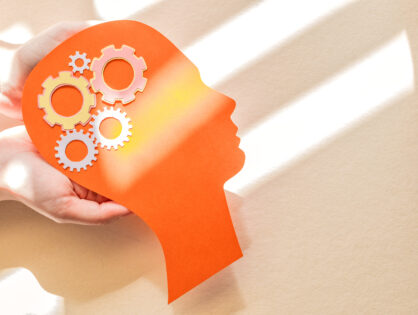Introduction:
Breakups can be emotionally tumultuous experiences, leaving individuals feeling shattered and disoriented. However, exploring the science behind heartbreak can provide valuable insights into the physiological, neurological, and psychological processes involved. By understanding the intricacies of our mind and body during this difficult time, we can find solace and empowerment in the recovery process. In this article, we will combine insights from three different perspectives on how understanding the science of heartbreak aids in coping with the breakup experience, paving the way for healing and personal growth.
The Biological Impact of Heartbreak:
Breakups trigger a cascade of biological changes that affect our emotional well-being. During romantic love, our brains release neurotransmitters like dopamine, oxytocin, and serotonin, creating feelings of pleasure, attachment, and bonding. However, when the relationship ends, these neurochemicals decrease, leading to withdrawal symptoms, mood swings, and increased stress. Understanding this hormonal fluctuation can help individuals validate their emotions and realize that what they are going through is a natural response to loss.
Additionally, the brain's habituation process comes into play. When we are in a relationship, our brains adapt to the presence of our partner, and their absence disrupts the established neural patterns, causing emotional distress. Recognizing that the brain is recalibrating itself can offer comfort, knowing that the discomfort is part of the healing process.
Coping Mechanisms and Emotional Processing:
Heartbreak activates the brain's stress response, leading to an increase in cortisol levels. This heightened state of stress can manifest as physical and emotional symptoms, such as insomnia, anxiety, and weakened immunity. Understanding the impact of stress on our well-being can motivate individuals to prioritize self-care practices like meditation, exercise, and seeking support from friends and family.
Moreover, comprehending the role of mirror neurons can help individuals navigate triggers and painful reminders of the relationship. Being aware of the brain's inclination towards negativity bias empowers individuals to consciously focus on positive aspects of life, fostering a healthier mindset during the healing journey.
Social Support and Personal Growth:
Research shows that strong social connections are essential for healing after a breakup. Understanding the brain's social reward system can encourage individuals to seek support, fostering a sense of belonging and emotional resilience during this vulnerable time.
Moreover, breakups often lead to a reevaluation of self-identity and life goals. Recognizing that our self-concept is malleable and not solely defined by our relationships allows for embracing personal growth opportunities. This newfound perspective can inspire individuals to rediscover passions, strengthen existing relationships, and embark on a journey of self-discovery.
CONCLUSION
HOW DOES SCIENCE WORK DURING THE HEALING PROCESS?
Breakups are emotionally challenging that leave individuals feeling shattered and disoriented. However, exploring the science behind heartbreak can provide valuable insights into the physiological, neurological, and psychological processes involved. Let’s understand how the science of heartbreak aids in coping with the breakup and paves the way for healing:
Related Articles:
Forgiveness’s Power: Finding Freedom, Renewal & Inner Strength
Heartbreak Unraveled: Emotional, Physical & Coping Insights
Embracing Vulnerability: Growth, Resilience & Authenticity



